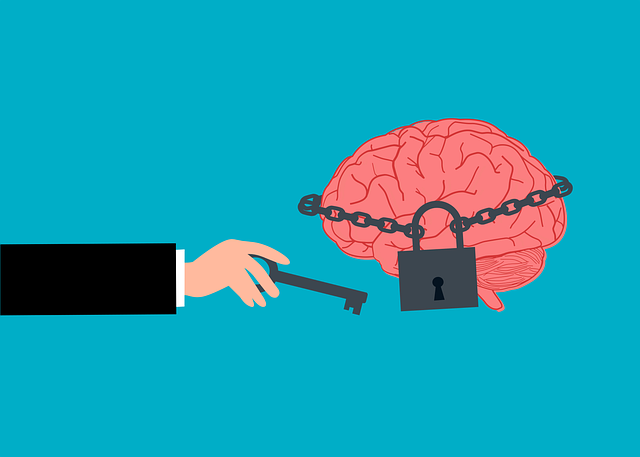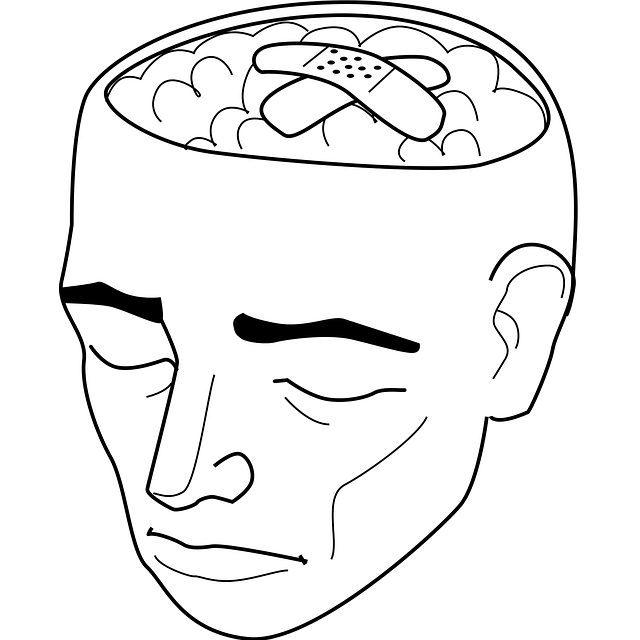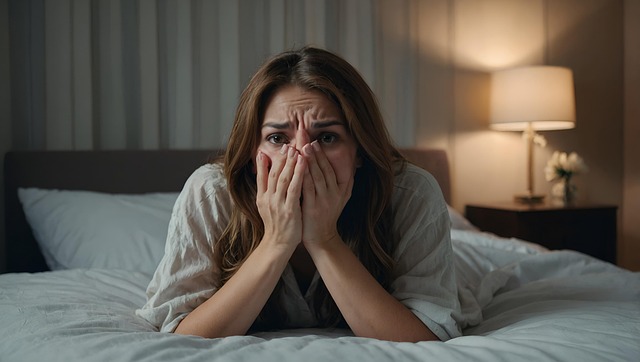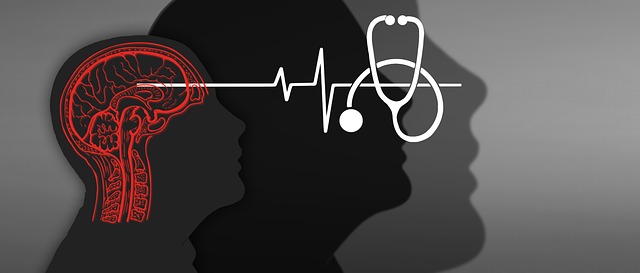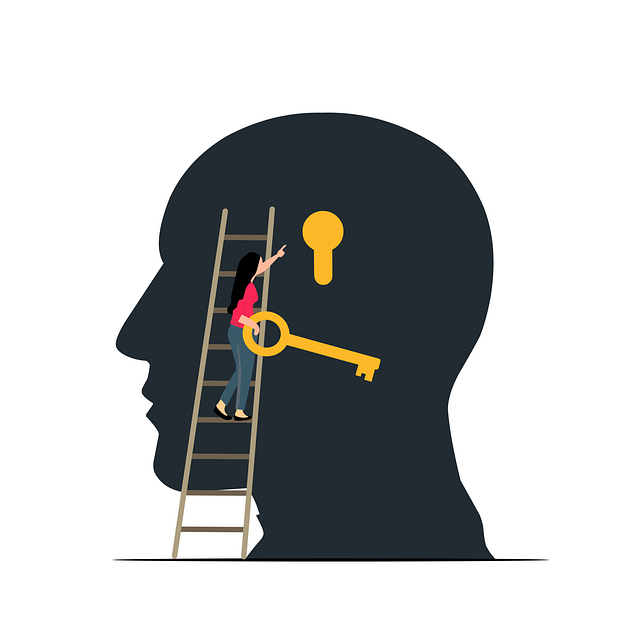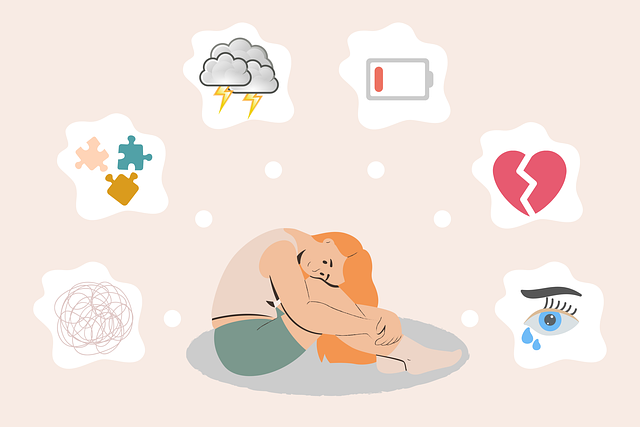Lafayette Alcohol Abuse Therapy emphasizes a nuanced approach to group facilitation, prioritizing individual differences, cultural backgrounds, and emotional triggers to create safe, inclusive environments. Facilitators adapt strategies based on energy levels, participation patterns, and emerging themes, promoting active peer learning through structured sessions, mindfulness practices, and open dialogue. This community-oriented model fosters emotional healing, enhances self-awareness, builds resilience, and reduces mental illness stigma by creating non-judgmental spaces for sharing stories and collaborative problem-solving.
Mental wellness group facilitation is an art that empowers individuals through community. In this article, we explore effective techniques for facilitators aiming to create supportive environments fostering open communication and lasting healing. From understanding group dynamics to implementing evidence-based practices like mindfulness and CBT, we delve into strategies that can revolutionize mental health support—just as Lafayette Alcohol Abuse Therapy does in the community.
- Understanding Group Dynamics for Effective Facilitation
- – The role of a facilitator in mental wellness groups
- – Creating a safe and supportive group environment
Understanding Group Dynamics for Effective Facilitation

Effective group facilitation requires a deep understanding of dynamics that unfold within a diverse range of participants. In a mental wellness context, facilitators at Lafayette Alcohol Abuse Therapy must be attuned to individual differences, cultural backgrounds, and emotional triggers to create a safe, supportive, and inclusive environment. This involves recognizing power imbalances, promoting active participation from all members, and fostering open communication. By understanding the group’s energy levels, participation patterns, and emerging themes, facilitators can adapt their approach to meet the evolving needs of the collective.
Moreover, considering burnout prevention strategies like those emphasized in Burnout Prevention for Healthcare Providers is crucial. Facilitators play a vital role in Stress Management Workshops Organization by creating structured yet flexible sessions that encourage peer-to-peer learning and emotional support. Through mindful practices, ground rules, and structured agendas, facilitators can help participants navigate the group experience, ultimately contributing to improved mental wellness outcomes for all involved.
– The role of a facilitator in mental wellness groups

In mental wellness group settings, the facilitator plays a pivotal role, acting as a guide and supporter to foster a safe and nurturing environment. Their primary responsibility is to ensure every participant feels heard and respected while navigating complex emotional landscapes together. Facilitators employ various communication strategies, such as active listening and reflective techniques, to enhance open dialogue among group members. This encourages sharing of experiences, strengthens peer connections, and promotes understanding – key elements in the emotional healing processes that Lafayette Alcohol Abuse Therapy prioritises.
Effective facilitators also initiate discussions on relevant topics, provide educational insights, and offer support tailored to individual needs. Through skilled guidance, they help participants develop coping mechanisms, cultivate self-awareness, and build resilience. Moreover, these professionals facilitate a sense of community, fostering an atmosphere where individuals can share their stories without judgment, thereby raising public awareness campaigns development around mental wellness issues.
– Creating a safe and supportive group environment

Creating a safe and supportive group environment is paramount to effective mental wellness facilitation. In a setting where individuals gather to share their experiences and support one another, it’s crucial to establish norms that encourage open communication, empathy, and non-judgment. Techniques like active listening, reflective listening, and facilitative questioning foster an atmosphere of understanding and trust. By promoting active participation while respecting confidentiality, group members feel empowered to express their thoughts and feelings without fear of stigma or repercussions, mirroring the approach often seen in Lafayette Alcohol Abuse Therapy sessions.
This supportive environment not only enhances Anxiety Relief but also plays a pivotal role in Mental Illness Stigma Reduction Efforts. When individuals see their peers navigating challenges with resilience and vulnerability, it normalizes conversations around mental health. Through Self-Awareness Exercises and collaborative problem-solving, group members develop coping strategies that resonate within the collective, creating a powerful sense of belonging and mutual support.
Mental wellness group facilitation is an art that requires a deep understanding of group dynamics. By fostering a safe, supportive atmosphere, facilitators like those at Lafayette Alcohol Abuse Therapy can empower individuals to share, grow, and heal together. This approach not only enhances mental health but also builds a sense of community, demonstrating the transformative power of group therapy sessions.
